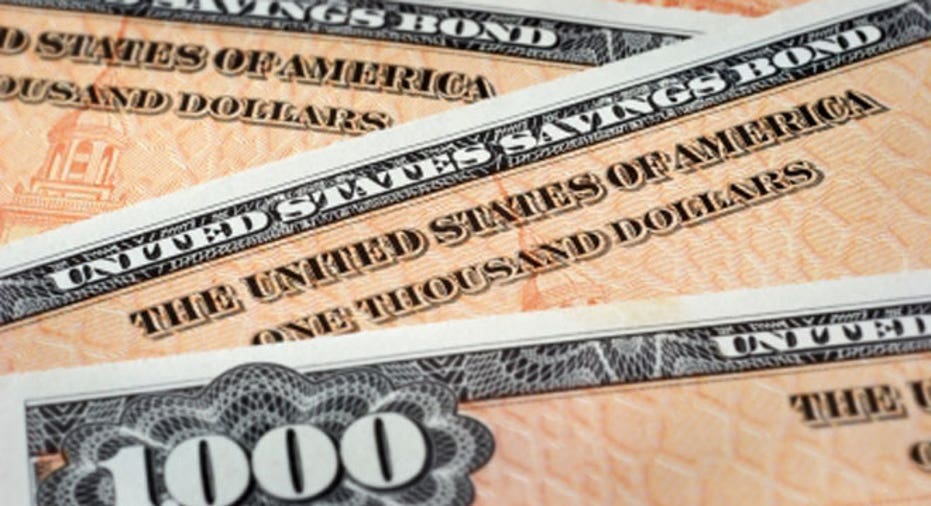Are Savings Bonds or CDs Better for Grandkids?

Dear Dr. Don,
I am a grandmother of four and want to start a life savings for my grandchildren. Their ages range from 2 to 8. Should I get savings bonds or certificates of deposit?
Thank you,
-- Nanna Notes
Dear Dr. Don,
I have four grandchildren whose ages are between 2 and 4. We spend $150 on them for birthdays and Christmas. Wouldn't it be wise to purchase a certificate of deposit for them so that, when they turn 16 or 18, they will have some money for a car or college?
Thank you,
-- Grandma Gaye
Dear Nanna and Grandma, For Nanna, at today's rates, I'll take the savings bonds. I only recommend the Series EE savings bonds when the bond owner plans to hold the bonds for a full 20 years. That's because a Series EE savings bond is required by law to double in value over that period. That works out to be a yield of about 3.53%. If you own the bond for fewer than 20 years, however, you get the rate posted when you bought the bond. Series EE savings bonds purchased between Nov. 1, 2012, and April 30, 2013, earn a yield of 0.2%.
If you think your grandkids will want to cash out their bonds before the 20-year mark, then you may want to consider a Series I savings bond. Series I savings bonds purchased between Nov. 1, 2012, and April 30, 2013, earn a yield of 1.76%, but that yield changes every six months with the change in the inflation rate as measured by the consumer price index. Series I savings bonds pay a fixed rate plus a variable rate. It's the variable rate that's tied to inflation. The fixed rate stays the same over the 30-year life of the bond. The fixed rate is currently zero percent.
You have a few more things to consider before getting savings bonds. Do you think your grandkids will need that money for college? If so, you should know that savings bonds that are listed in the children's names (and not the parent's names) aren't eligible for the education tax exclusion when cashed in for qualified higher education expenses. Also, whoever owns the bond will need to decide whether to file annually for the interest earnings on his or her tax return, or to defer them until the bonds are either redeemed or matured.
I'm assuming you won't bump up against the annual gift tax exclusion of $14,000 per child. The annual purchase limit for savings bonds is $10,000, per year, per Social Security number for Series EE and $10,000 per year for Series I in electronic form. You can buy up to an additional $5,000 in paper Series I savings bonds with your Internal Revenue Service tax refund. Talk to the parents about their savings goals for the children if you're planning on substantial gifts.
For Grandma Gaye's situation, what teenager couldn't use a little mad money? My advice to Nanna would work for you as well. With today's CD rates being so low, it's hard to argue for them as a long-term investment. Savings bonds aren't offering a much higher yield, but that's what I'd recommend if you want to be conservative.
I'd argue that you should split your gifting between the practical (investments) and the impractical (toys).
Get more news, money-saving tips and expert advice by signing up for a free Bankrate newsletter.
Bankrate's content, including the guidance of its advice-and-expert columns and this website, is intended only to assist you with financial decisions. The content is broad in scope and does not consider your personal financial situation. Bankrate recommends that you seek the advice of advisers who are fully aware of your individual circumstances before making any final decisions or implementing any financial strategy. Please remember that your use of this website is governed by Bankrate's Terms of Use.
Copyright 2013, Bankrate Inc.



















